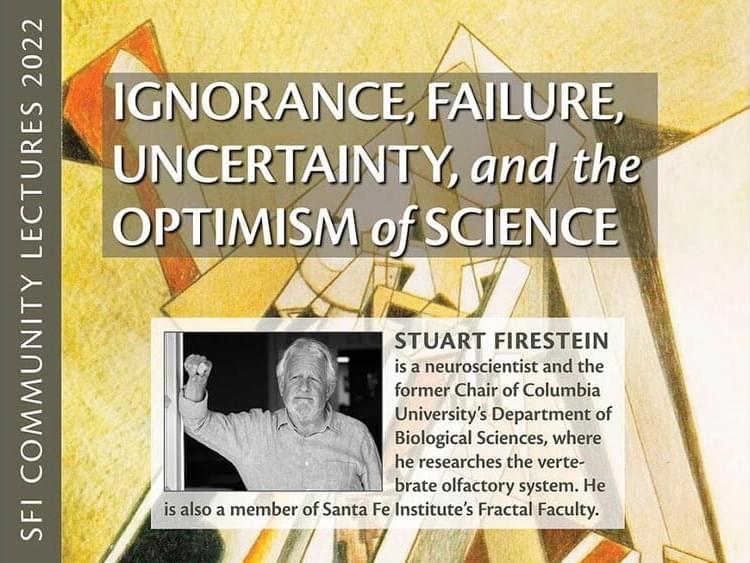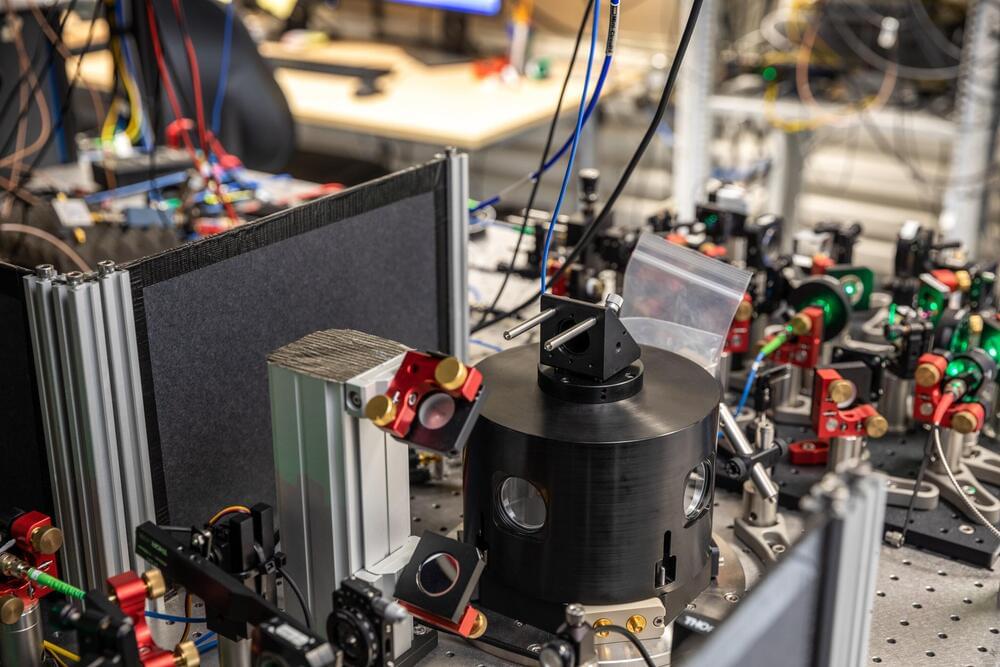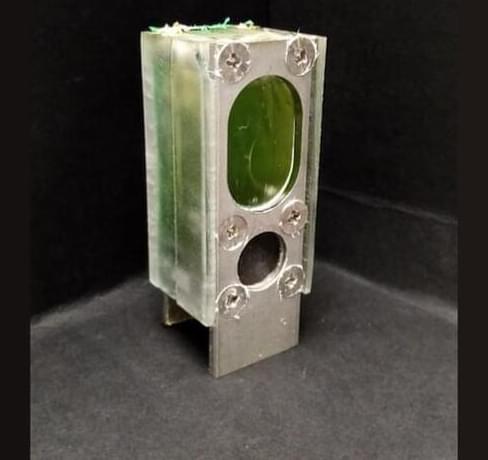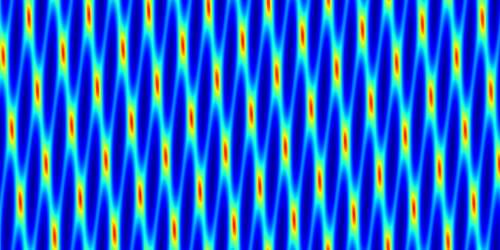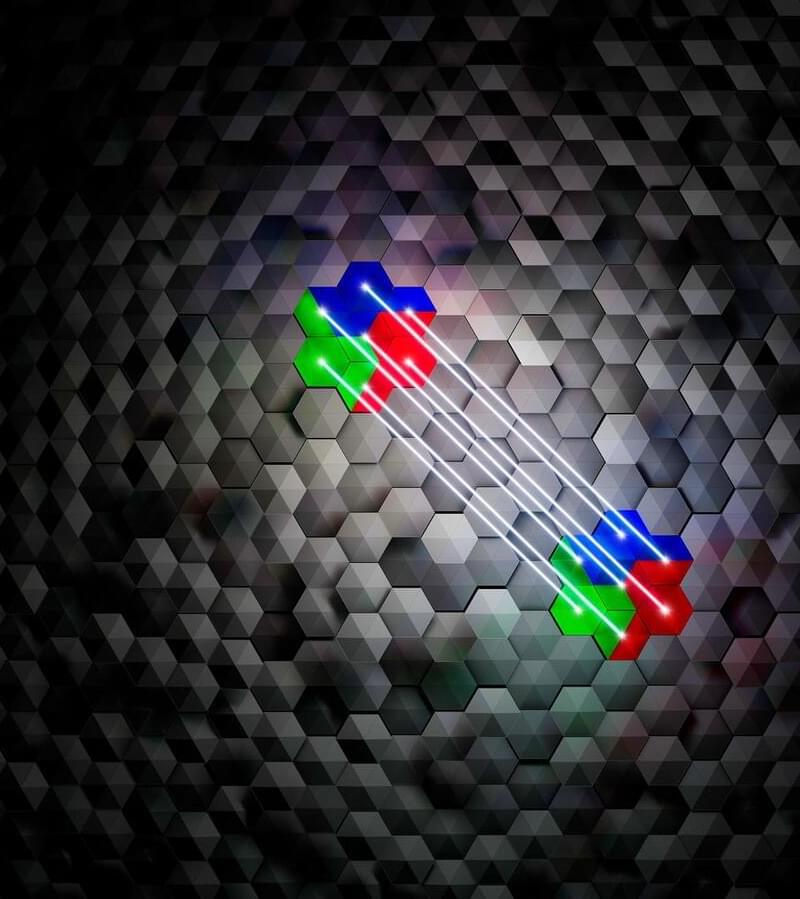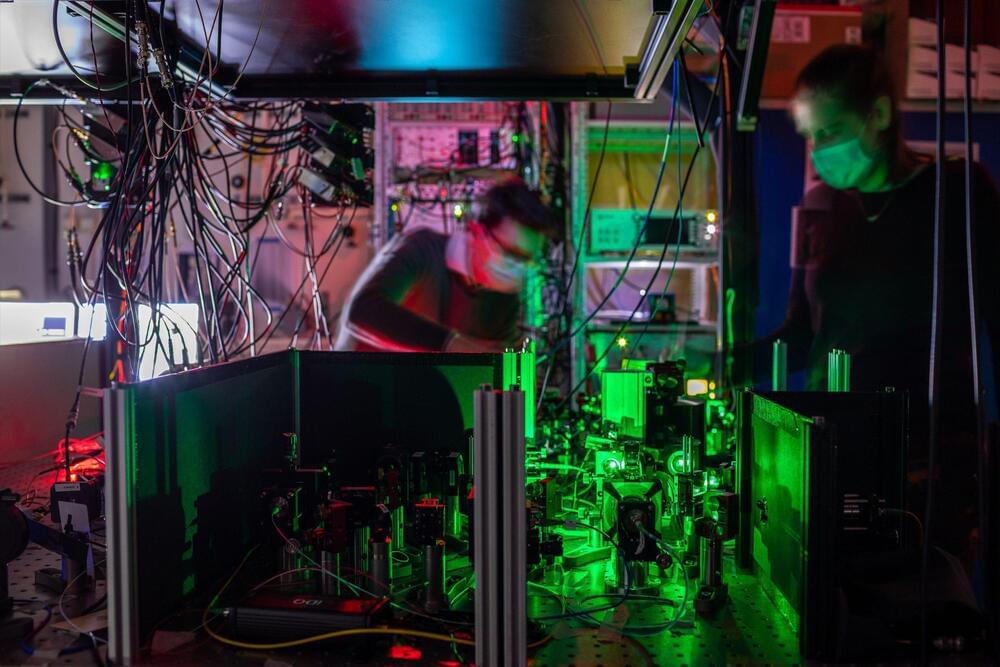Incredible and somewhat frightening visions of the future will become a reality in the coming decades. According to futurologists, people of the future will gain immortality and will live in the body of a machine. Dr. Ian Pearson predicts that a person will be able to transfer his mind into a computer and one day he will go to a funeral where his previous biological body will be buried. Like anomalien.com on Facebook To stay in touch & get our latest news Cyborgization has some good sides. Let us take into account that we will be able to exchange each of…
Category: computing – Page 441
In the early 2000s, scientists from the Human Genome Project announced a breakthrough: they had sequenced the complete human reference genome, including all three billion DNA letter, a scientific undertaking likened at the time to landing astronauts on the Moon.
While the reference genome has come under question as of late, with scientists adding more than two million additional variants, it still doesn’t take a whole lot of space to store the entire sequence on a traditional computer.
And now, Tesla and SpaceX CEO Elon Musk is once again weighing in on an issue outside his expertise, arguing that one could “fit the DNA sequences of all humans alive today in a fairly small data storage system” — a vaguely terrifying thought coming from the richest man in the world, as if he didn’t already have enough fires to put out and problems to solve.
Stuart Firestein Science is a fundamentally optimistic enterprise. More than a cheery disposition, it is the source of a philosophical outlook that we might call ‘optimistical’. It reliably produces fundamental and actionable knowledge about the world. We are able to take for granted, in a way even our recent ancestors never imagined, the idea of progress. The engines behind science, surprisingly, are ignorance, the unknown, failure, and, perhaps most vexingly, uncertainty. In recent decades, science has undergone a change in perspective and practice — from viewing the universe like a clockwork regimented by laws and formulas to recognizing it as irreducibly complex and uncertain. Perhaps counter intuitively this has freed science to exploit previously unimaginable possibilities and opportunities. It has led to a deeper understanding of the nature of things and to the production of technologies such as lasers, microchips, the internet, genetics, and many more. And yet socially and societally we remain mired in a 19th century view of deterministic science. We might instead learn to revel in the adventure of navigable uncertainty and take advantage of the creative opportunities of a world where we can confidently say ‘it could be otherwise’. Possibility of this sort is the rarest and purest form of optimism. Stuart Firestein is a neuroscientist and the former Chair of Columbia University’s Department of Biological Sciences, where he researches the vertebrate olfactory system. He is also a member of SFI’s Fractal Faculty.
Researchers in Delft have succeeded in teleporting quantum information across a rudimentary network. This first of its kind is an important step towards a future quantum internet. This breakthrough was made possible by a greatly improved quantum memory and enhanced quality of the quantum links between the three nodes of the network. The researchers, working at QuTech—a collaboration between Delft University of Technology and the Netherlands Organization for Applied Scientific Research (TNO)—are publishing their findings today in the scientific journal Nature.
The power of a future quantum internet is based on the ability to send quantum information (quantum bits) between the nodes of the network. This will enable all kinds of applications such as securely sharing confidential information, linking several quantum computers together to increase their computing capability, and the use of highly precise, linked quantum sensors.
In addition to being a simple power source built from readily available parts and materials, the system runs day and night (in contrast with solar power). The algae, the team thinks, overproduces food during the day, so it continues to happily munch away, and produce electricity, through the night. Although the paper addresses their findings from just that first six-month period, their algae-powered-computer has now been running continuously for a year (and counting).
It’s a pretty nifty trick, but some scaling is probably in order. The system produces a tiny amount of current. The chip, an Arm Cortex M0+ commonly used in Internet of Things applications, sips just 0.3 microwatts an hour to perform very basic calculations. As The Verge notes, if your average laptop uses around 100 watts an hour, you’d need millions of these algae energy harvesters just to check your email or zone out in a Zoom meeting.
But the researchers aren’t targeting laptops. Rather, they believe future iterations would find a niche application powering the billions or trillions of simple sensors and chips making up the Internet of Things. These might take measurements of local conditions in remote locations, for example, or they might be able to charge a small device.
The study was led by Ren Yuanzhen, a researcher with the Beijing Institute of Tracking and Telecommunications, under the PLA’s Strategic Support Force. Coauthors included several senior scientists in China’s defense industry.
Ren and his colleagues could not immediately be reached for comment and it is uncertain to what extent their view represents an official stance of the Chinese military or government.
“A combination of soft and hard kill methods should be adopted to make some Starlink satellites lose their functions and destroy the constellation’s operating system,” said the paper, published in the domestic, peer-reviewed journal Modern Defense Technology.
A theorized scheme uses lasers to produce space-time quasicrystals in a plasma—density fluctuations that could be used as diffraction gratings for high-intensity laser pulses.
In modern computers, errors during processing and storage of information have become a rarity due to high-quality fabrication. However, for critical applications, where even single errors can have serious effects, error correction mechanisms based on redundancy of the processed data are still used.
In modern computers, errors during processing and storage of information have become a rarity due to high-quality fabrication. However, for critical applications, where even single errors can have serious effects, error correction mechanisms based on redundancy of the processed data are still used.
Quantum computers are inherently much more susceptible to disturbances and will thus probably always require error correction mechanisms, because otherwise errors will propagate uncontrolled in the system and information will be lost. Because the fundamental laws of quantum mechanics forbid copying quantum information, redundancy can be achieved by distributing logical quantum information into an entangled state of several physical systems, for example multiple individual atoms.
The team led by Thomas Monz of the Department of Experimental Physics at the University of Innsbruck and Markus Müller of RWTH Aachen University and Forschungszentrum Jülich in Germany has now succeeded for the first time in realizing a set of computational operations on two logical quantum bits that can be used to implement any possible operation. “For a real-world quantum computer, we need a universal set of gates with which we can program all algorithms,” explains Lukas Postler, an experimental physicist from Innsbruck.
Scientists realize quantum teleportation between remote, non-neighboring nodes in a quantum network. The network employs three optically connected nodes based on solid-state spin qubits. The teleporter is prepared by establishing remote entanglement on the two links, followed by entanglement swapping on the middle node and storage in a memory qubit.
They demonstrate that once successful preparation of the teleporter is heralded, arbitrary qubit states can be teleported with fidelity above the classical bound, even with unit efficiency. These results are enabled by key innovations in the qubit readout procedure, active memory qubit protection during entanglement generation and tailored heralding that reduces remote entanglement infidelities.
This demonstrates a prime building block for future quantum networks and opens the door to exploring teleportation-based multi-node protocols and applications.
Researchers in Delft have succeeded in teleporting quantum information across a rudimentary network. This first of its kind is an important step towards a future quantum internet. This breakthrough was made possible by a greatly improved quantum memory and enhanced quality of the quantum links between the three nodes of the network. The researchers, working at QuTech—a collaboration between Delft University of Technology and the Netherlands Organisation for Applied Scientific Research (TNO)—are publishing their findings today in the scientific journal Nature.
The power of a future quantum Internet is based on the ability to send quantum information (quantum bits) between the nodes of the network. This will enable all kinds of applications such as securely sharing confidential information, linking several quantum computers together to increase their computing capability, and the use of highly precise, linked quantum sensors.


